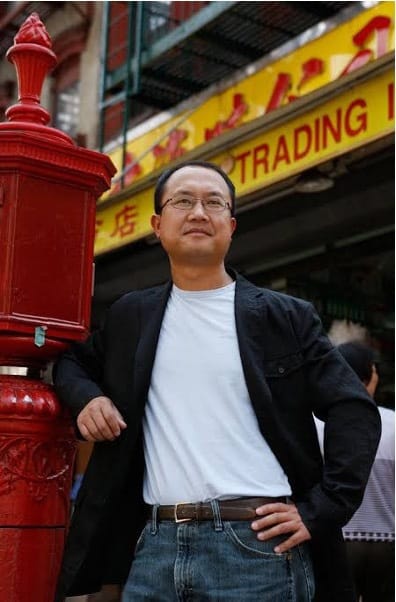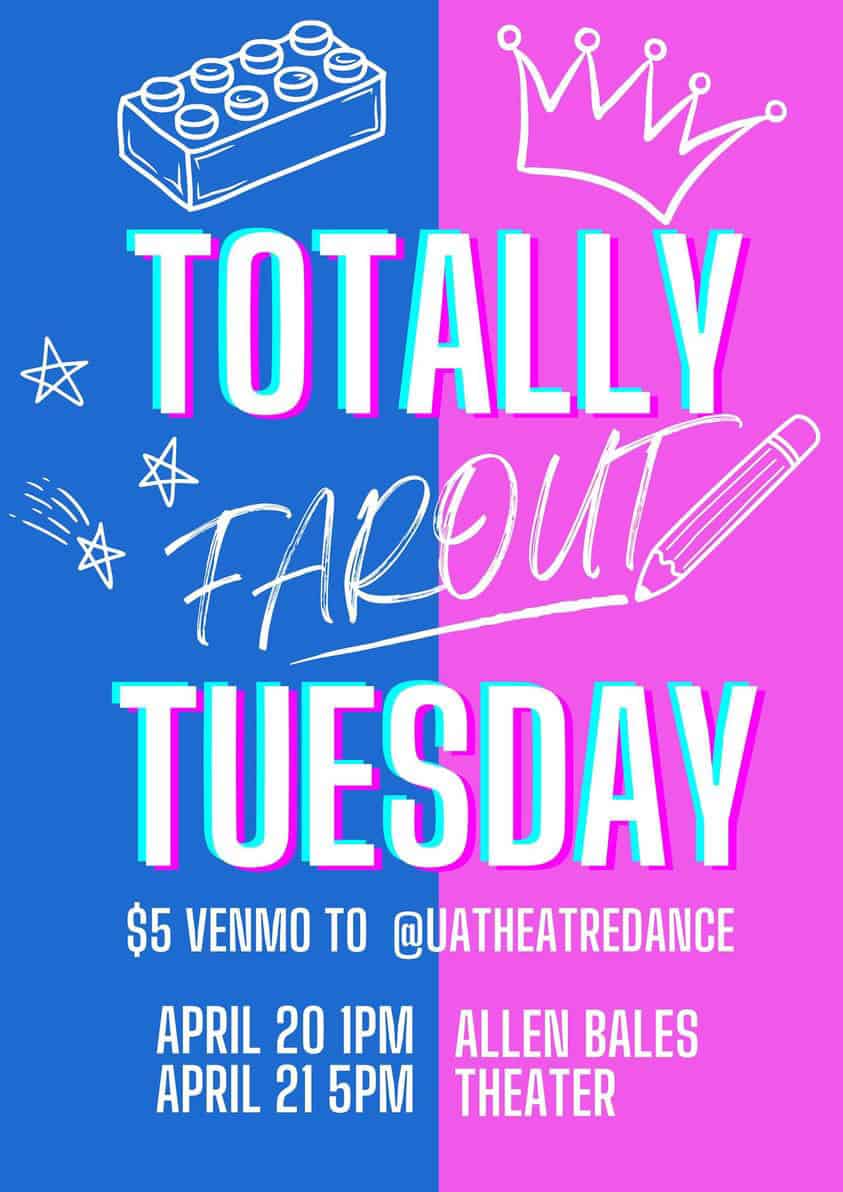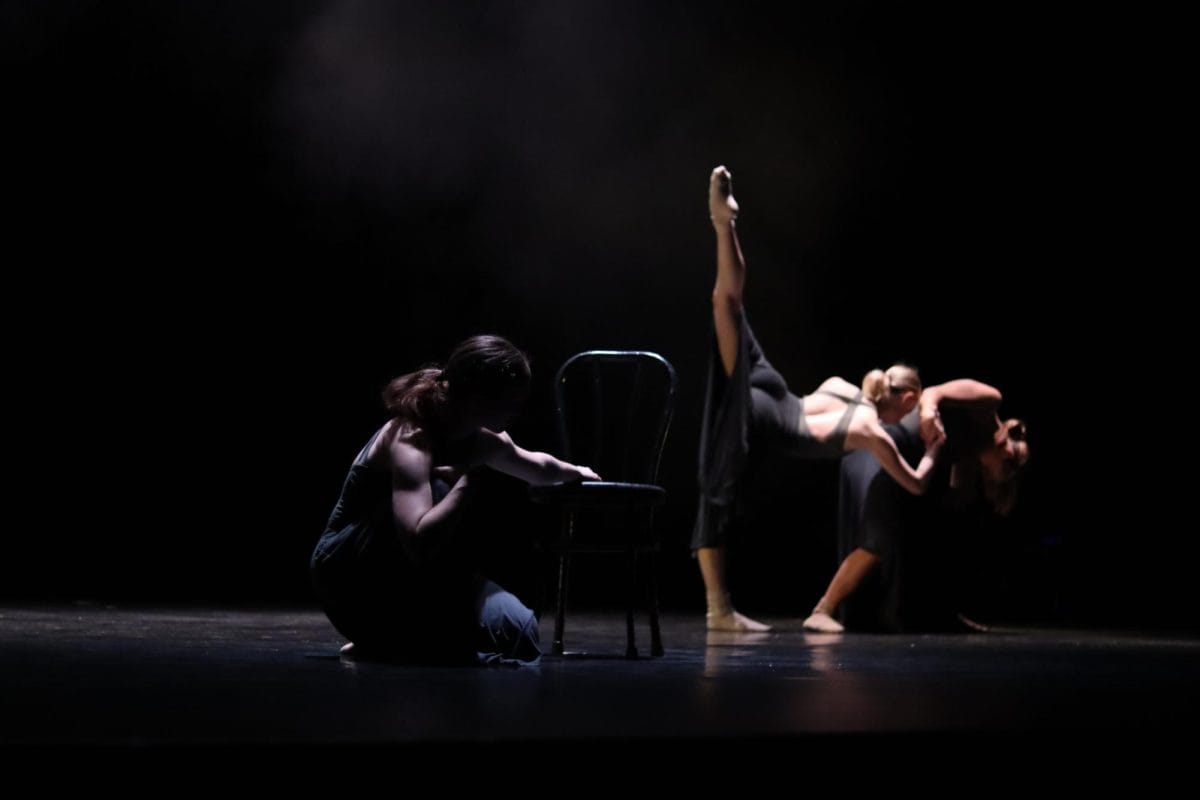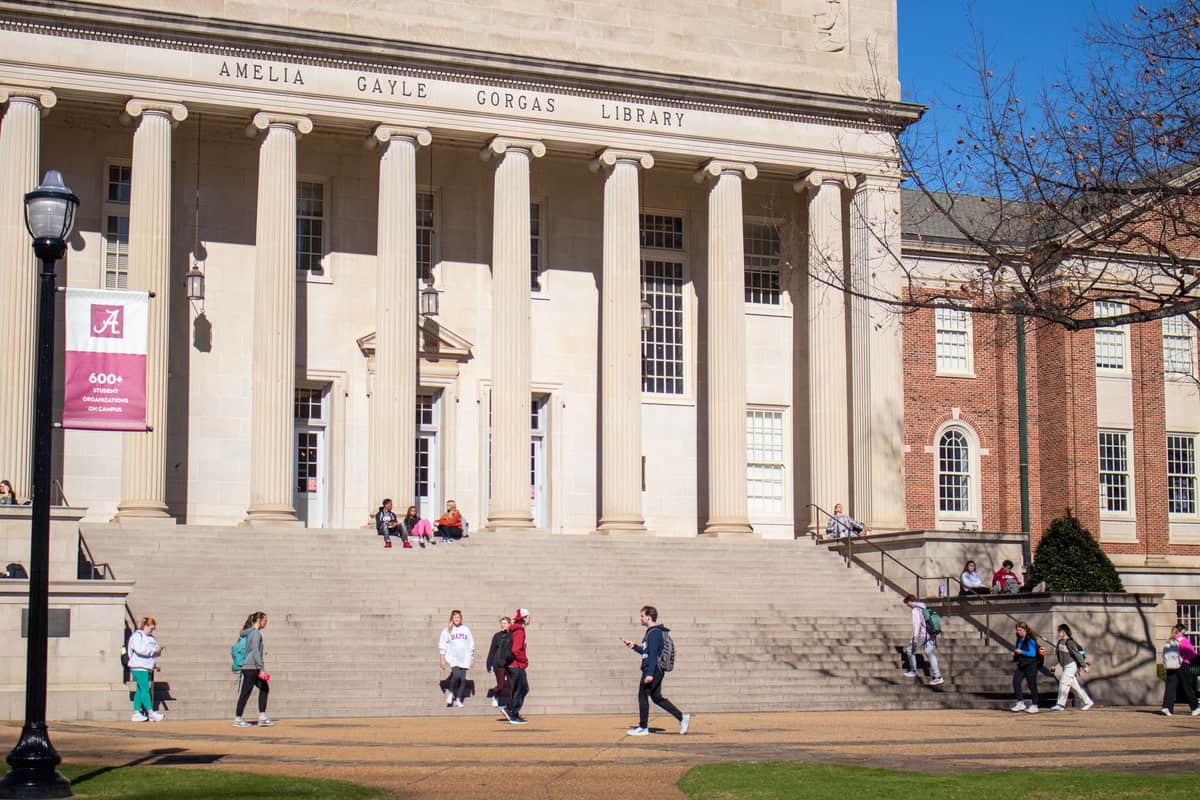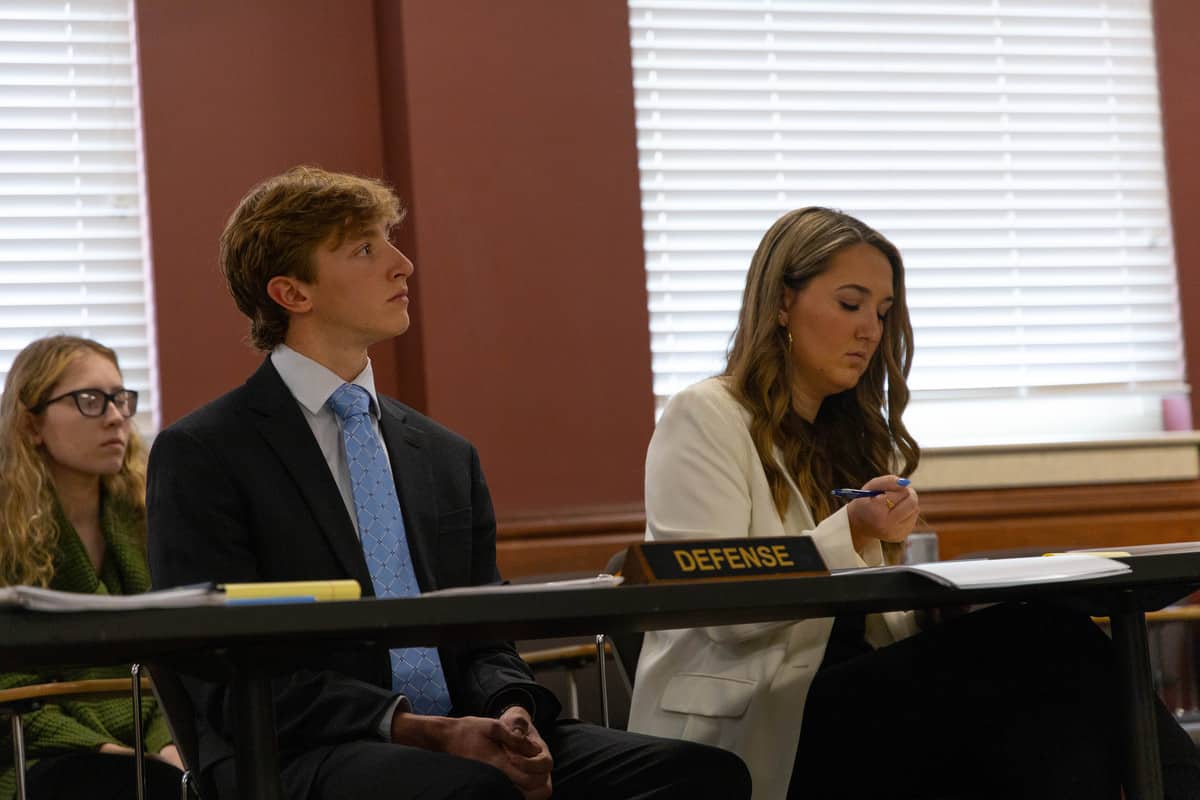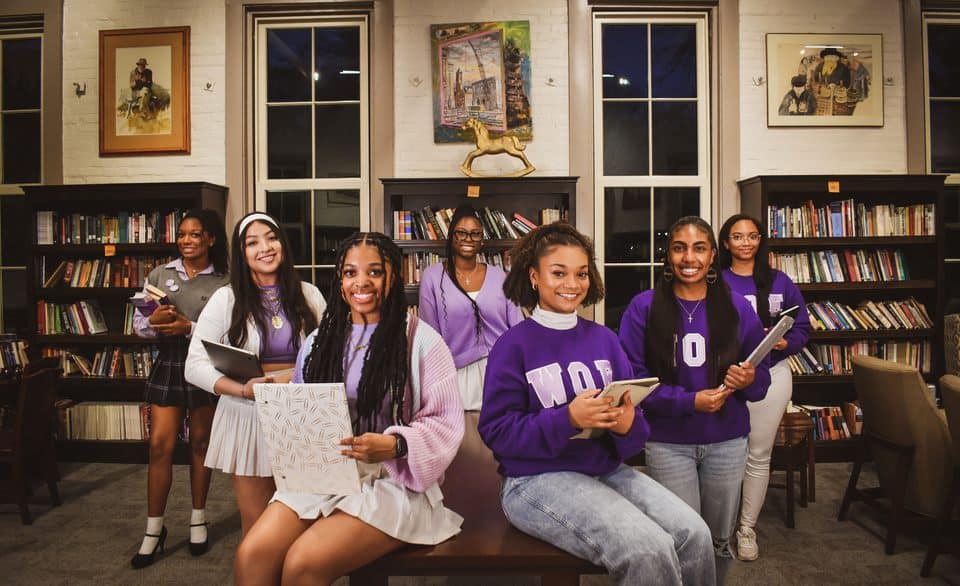Former Creative Campus interns Beth Hataway and Ryan Davis never thought their creative project idea for a non-profit music festival to highlight art and music would come true, but on March 27, 2010, Druid City Arts Festival grew from a dream to a reality.
“We were both local musicians and cared a lot about the art and music scene,” Davis, co-founder of DCAF, said.
When interviewed to be a part of the Creative Campus internship program, perspective applicants had to generate an idea to go with their application, and Hataway and Davis happened to share the same idea for a festival that would become a staple in the Tuscaloosa arts community.
The biggest struggles for the team working on DCAF during its first year included being taken seriously by prominent members in the community, as well as working out a budget that would cover the costs of the festival while still keeping it a non-profit event.
“We were basically told we didn’t know what we were doing and that we were wasting our time,” Davis said. “I don’t like being underestimated, so we took it from there and made things happen.”
A member of the original DCAF team, John Michael Murray, who handled musical logistics, said the biggest trial the team experienced aside from issues with budgeting was the lack of people who shared their vision and what they wanted to do.
“Any new idea people, tell you that it’s dumb, won’t work or it isn’t worth it,” Murray said. “So many people told us no, and so many people told us that this was going to be a disaster, and thank goodness the team was full of people that weren’t worried about that.”
Davis said the goal of the festival was to keep it non-profit, before realizing how much things were going to cost.
“The first DCAF budget was a shoestring budget, and it was that cost and then some, and we didn’t see that coming,” Davis said. “That first year I did a lot of the fundraising and went out and hit people up. We were able to raise the money we needed to raise and put it all together, and in the end it worked out.”
Current Creative Campus intern Chase Sanders said that transitioning from a new team to another new team every year is also a trial students working on DCAF experience.
“Creative Campus interns change every year, therefore, the DCAF team is never the same team,” Sanders said. “This can be a trial but also a blessing, because the festival is able to grow and receive new insight from a whole new batch of fresh minds. It is truly a unique experience that always allows creative freedom to prosper in the festival planning process.”
During the second year of DCAF, the production of the festival began to transition into the hands of the city of Tuscaloosa, while Creative campus continued to handle most of the marketing and programing.
“We were willing to take the steps needed,” Davis said. “And we made sure it was as good of an event as we could make it.”
Davis said in the third year they focused on maximizing the quality-of-life aspect and making it a professional, local, festival.
Aside from the struggles DCAF has experienced, the festival has also prospered greatly over the course of the last three years as they’ve gained support from the Tuscaloosa community.
Davis said the team has worked to make the festival more aesthetically attractive, and they’ve also worked on having a stronger marketing presence.
“We recognize that the festival costs money, and we need to generate some value, whether it be quality of life, economic or both,” Davis said.
Overall, Sanders, Davis and Murray agree that although the size and magnitude of the festival have both increased, the goals and vision for the festival have remained mostly the same.
“A big-name act and a big-name deal with corporate sponsorship is not what we wanted to do,” Murray said. “Tuscaloosa is full of those, and everyone tries to do stuff like that, like the Hangout Festival and Bonnaroo, and those people do it a lot better than we could ever do. We started realizing that what these other music/arts events do not do very well is retaining community support, and we felt like this was our chance to be different.”
Sanders said the identity of DCAF is mainly seen as a quality-of-life event.
“It celebrates the vibrant arts community that gives our community its unique character,” Sanders said. “The original mission is still held to the festival today, but the idea remains the same – to recognize and celebrate a vibrant arts community.”
Davis said that this project should encourage students to pursue ideas that they have while attending the University.
“If you have an idea and want to see something happen, you shouldn’t be afraid to jump out there and build a support system and make things happen, because that’s why you’re here,” Davis said. “You’re here to make your mark and leave your legacy and learn things that will be valuable to your future.”

